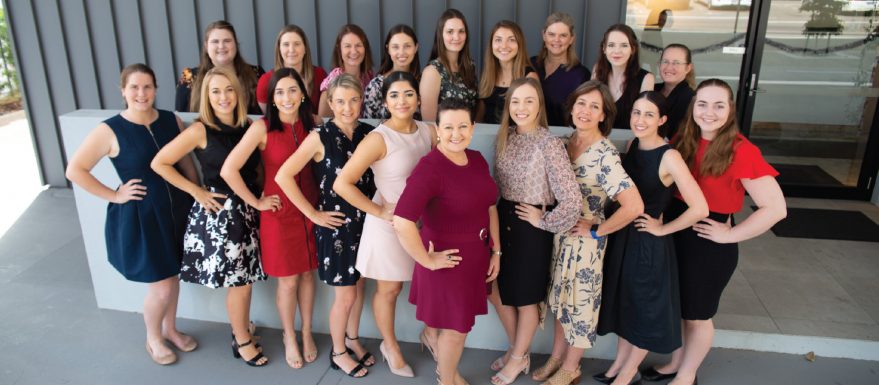Why women need to talk about money

Financial literacy is an issue for many Australians, both men and women, but particularly for women. Why? Well, women live longer and earn less than men, and are more likely to work part-time or leave work for periods to raise children. PVW Partners’ Sonia Chalk shares her insights into why women in particular need to better understand money.
There are certain tasks we tend to procrastinate about more than others. For some it’s cleaning out closets, for others it could be home DIY jobs like fixing that pesky fence paling. For many women I speak to, it’s anything to do with finance.
It’s time to turn that on its head, because financial literacy for women has never been more important.
Women and money
Currently, men retire with more than 40% in super than women. This means that 44% of women actually rely on their partners as the main source of funds for retirement. Of course, we can expect this figure to level out slightly as future generations of retired women will have spent more time in the workforce, and accumulated their own super, but there are still factors that mean women will retire with less.
“Cashflow is critical to business, so business owners need to understand the difference between cashflow and whether they’re making a dollar or not.”
Namely, three reasons.
1. The gender pay gap, unfortunately, is real. Women working full-time earn on average 14% less than men.
2. Women are more likely to leave the workforce to raise children, whether for maternity leave, extended periods, or returning to work part-time. For some women, this can also stunt career progression, meaning their salaries do not climb at the same rate had they maintained uninterrupted, full-time work.
3. Women live longer. According to the World Health Organisation, women live, on average, between 6-8 years longer than men. While this doesn’t mean women will retire with less, it does mean they need to survive longer, off less.
In 2018, the Australian Securities and Investments Commission’s Financial Capability website’s Australian Financial Attitudes and Behaviour Tracker survey found 41% of women found “dealing with money stressful and overwhelming”.
Finance is not something females tend to talk about very much, which is exactly what we need to change. Financial literacy is empowering. That’s why I work with women to put finance and superannuation on their agenda. The earlier you start, the better off you’ll be; it’s the compounding effect.
If you don’t understand finances, don’t be embarrassed. You can do your own homework and read up on things like understanding money, setting budgets, setting goals, retirement planning and how to diversify investments. Importantly though, if that doesn’t interest you, there are professionals and advisors who can help you develop a plan – get a good accountant, a financial adviser, and a lawyer. PVW Partners is not a financial advisory service, but we can explain the tax consequences of your financial decisions.
My advice is to seek professional advisors early on. While some people are fearful of the potential costs involved, a small outlay early on is a good investment in your future.
Understanding business finance
Running a business requires financial literacy. I work with many businesswomen, both established business owners, ensuring they are structured for growth or attractive for sale, and new businesswomen, helping them set up their businesses from the start. I help them understand essential financial information like how to read a balance sheet, profit and loss, even what cashflow means.
Cashflow is critical to business, so business owners need to understand the difference between cashflow and whether you’re making a dollar or not – these are completely different things.
Quite often, women go into business for themselves as a lifestyle choice after they have children, to allow flexibility of work hours. It’s important to note here that in my experience, women are fantastic in business. They are very good at analysing and making considered decisions, multitasking and communicating.
Structuring your business right is vitally important, both for your business’ success, and when considering the longer-term picture of retirement. The decisions you make today can impact you for decades to come.
Take action
• Prioritise.
Put the topic of finance on the table. Make understanding money, investments and superannuation a priority for yourself. Everyone has a fairly busy life these days, so working on your finances can easily slip to the bottom of your task list – but you need to not let it. Money isn’t the only thing that matters in life, but it does give you freedom which is invaluable.
• Ability.
Understand where your current knowledge is first – what you do and don’t know. Then read to fill your knowledge gap. If you don’t want to do the homework, engage a professional who can explain it to you and advise you regarding your personal situation.
• Monetise.
Put dollar figures to your goals. How much money do you want to invest? How much money will you need when you retire? It’s not enough to say, “I’ll retire when I’m 60.” You need to say, “I’ll retire when I’m 60 and have X dollars.”






